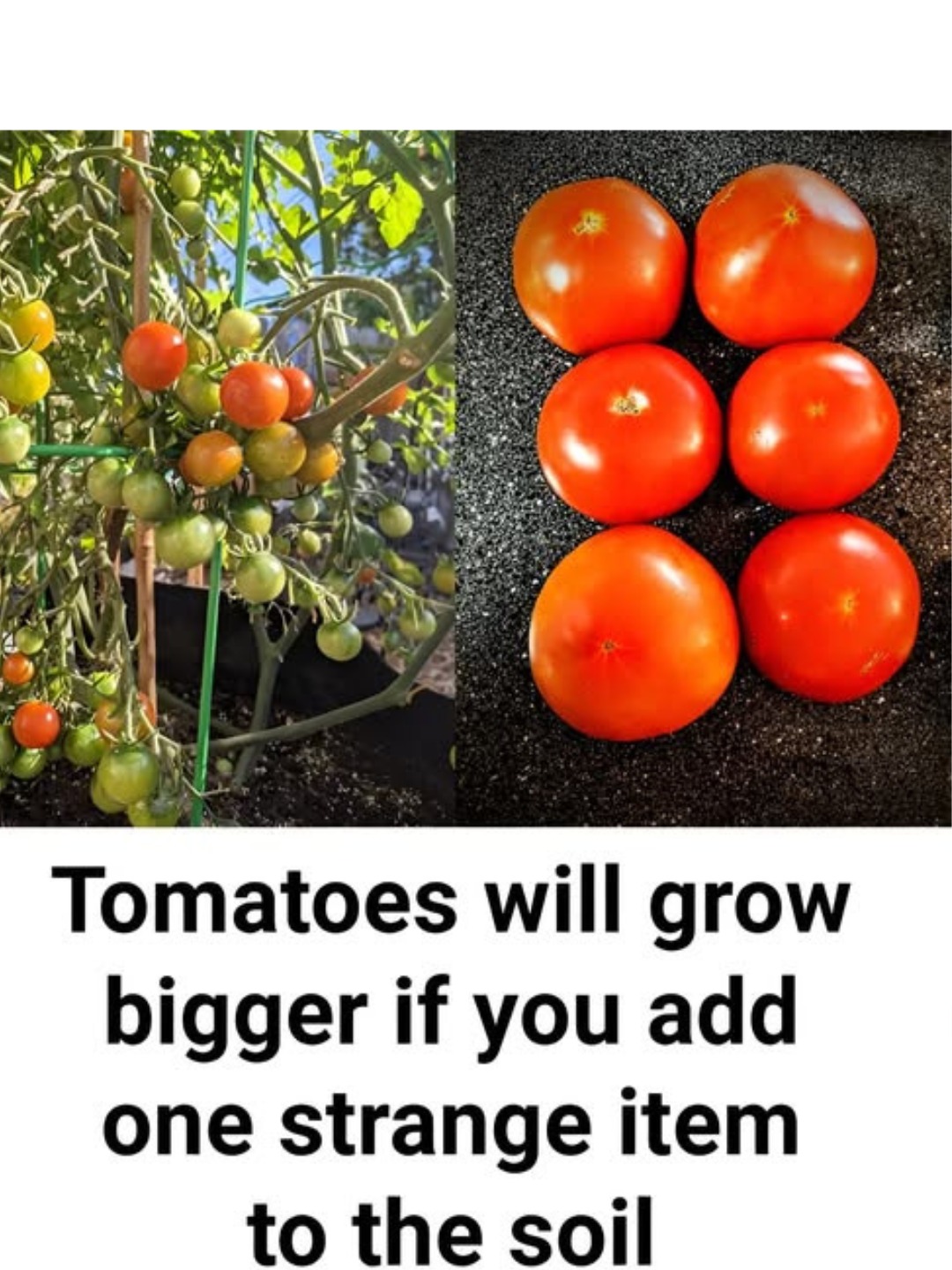Fresh chicken manure? Yes — it stinks.
But composted chicken manure?
After 6–12 months of proper composting:
Pathogens are killed
Ammonia burns off
Odors disappear
What’s left is a rich, dark, crumbly soil amendment that smells like a forest after rain — not a barnyard.
Pro Tip: Always use fully composted manure — never fresh. Fresh manure can burn plants and carry harmful bacteria.
How to Use It for Tomatoes, Peppers & Onions
For Tomatoes
Mix 2–3 inches of composted manure into the planting hole
Top-dress with a thin layer mid-season
Prevents blossom end rot and boosts fruit size
Bonus: The calcium content is a natural defense against one of tomato growers’ biggest frustrations.
For Peppers
Blend into soil before planting
Side-dress with a handful when flowers appear
Encourages thick walls and bold flavor
Peppers love potassium — and this delivers it in spades.
For Onions
Work into soil before planting — onions are shallow-rooted and need fertile, loose soil
Avoid high nitrogen — you want bulbs, not greens
Composted manure provides steady, balanced nutrition
Result? Big, sweet, full-sized bulbs — not tiny nubs.
Where to Get It (And How to Make Your Own)
SEE NEXT PAGE
ADVERTISEMENT

